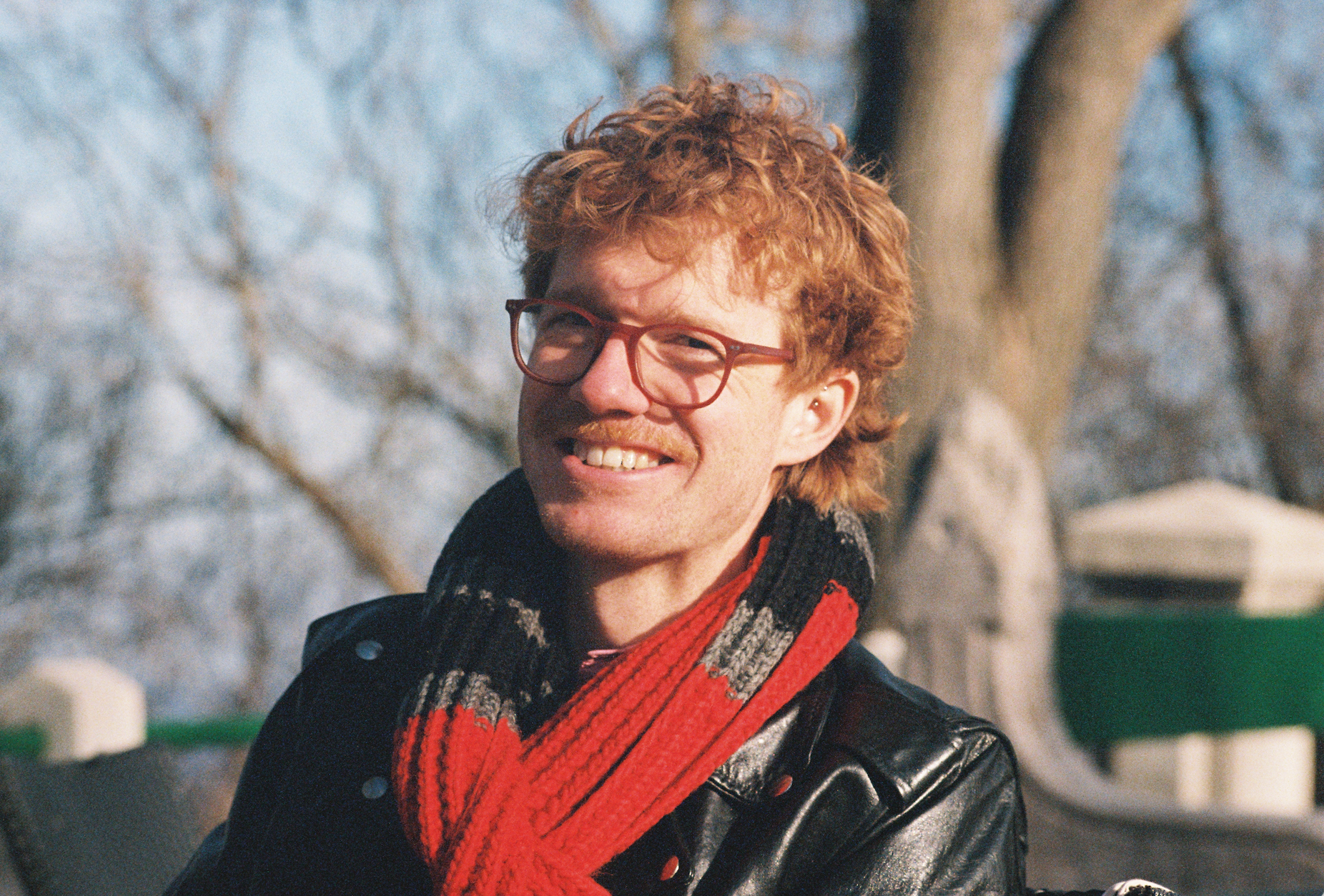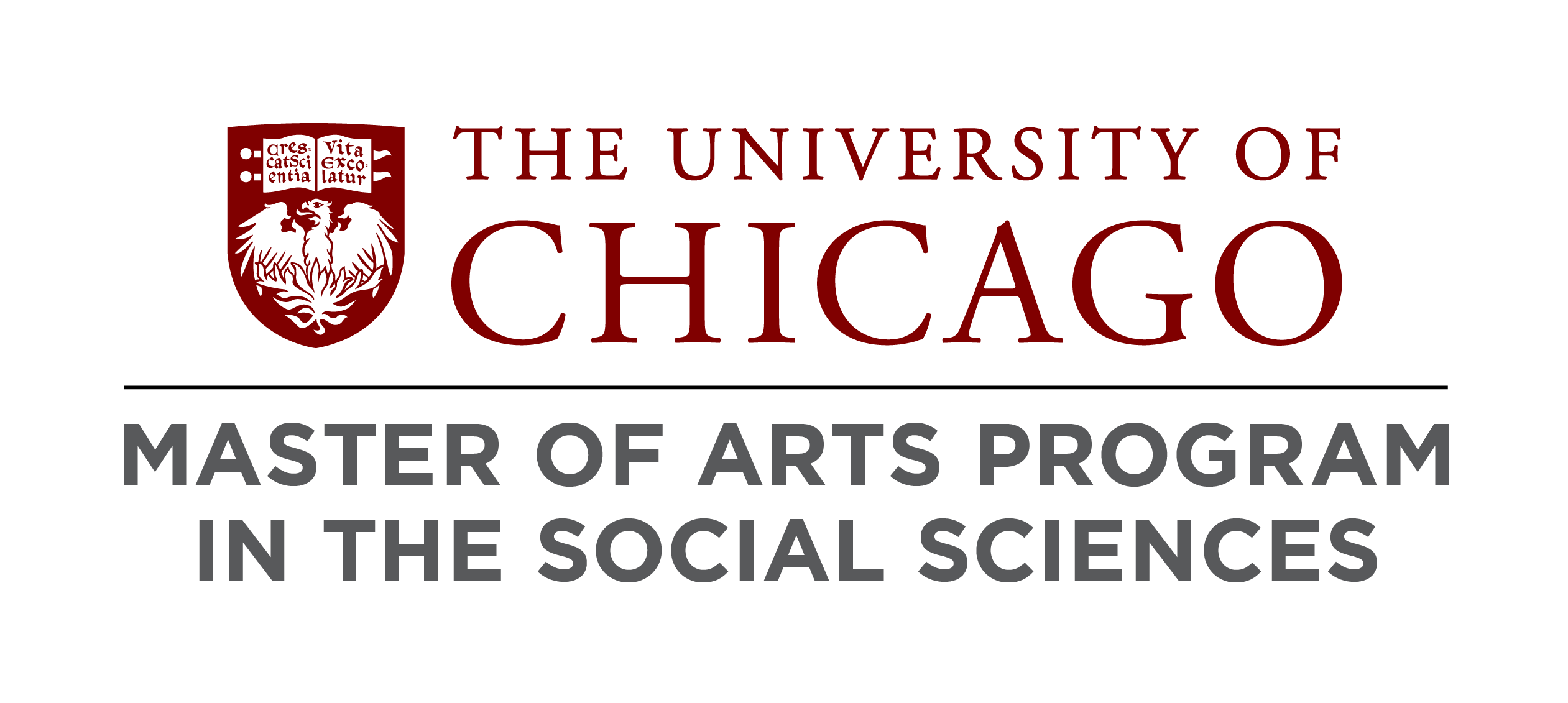
Schedule office hours here.
Damien Bright (he/him) is an Assistant Instructional Professor of Anthropology in MAPSS. He holds an MA and PhD in Anthropology from the University of Chicago, and an MA in Political Science from SciencesPo Paris.
Professor Bright’s research examines why modern formations of science and politics depict the Earth as a problem to "solve" and what happens when they try. With an empirical focus on Australia and the North Atlantic, he uses historical and multimodal ethnographic methods to investigate the marine milieu as a proving ground for the projections of industrial modernity. His current book project, Whither the Reef? Technoplanetary Salvage after the End of Coral, examines the reorganization of climate research, politics, and action in response to the predicted collapse of tropical coral reefs. Media coverage, documentary film, scientific advocacy, and political campaigning emphasize that the prospect of losing these marine ecosystems calls for drastic collective action. One result is a controversial shift in the norms of modern conservation science and management: the uptake of experimental laboratory and engineering practices to alter the nature of coral reefs themselves. As ideal climate engineering test subjects, corals thus acquire a double existence: tragic heralds of the limits of modern reason and heroic bearers of its endless renewal. Technoplanetary salvage, or the process of industrializing nature in order to forge a climate engine from it, invites mutual exposure and perpetual maintenance.
Professor Bright’s latest research tracks a multigenerational push to style the Earth after the oceans as a carbon storage medium available to industrial “enhancement.” The plasticity of this vision accommodates attempts at technological revolution, market experiments, divergent national industrial imaginaries, and, even, varieties of social science critique. Its hegemony makes rivals of environmental struggles that question the necessity of modernist universals. Tentatively titled Aquarium Worlds and the Availability of Engineered Oceans, this project builds on postdoctoral fieldwork in the U.S., Germany, and Australia initiated at the Research Institute for Sustainability in Potsdam, Germany.
Professor Bright’s work has appeared in Techniques & Culture, Diseña, and Microbium: The Neglected Lives of Micromatter (2024). He is eager to work with students on topics including epistemic, political and moral uncertainty; the experience and aftermath of crisis; psychopolitics and embodiment; and ambiguity and the paranormal.
 THE UNIVERSITY OF CHICAGO
THE UNIVERSITY OF CHICAGO

